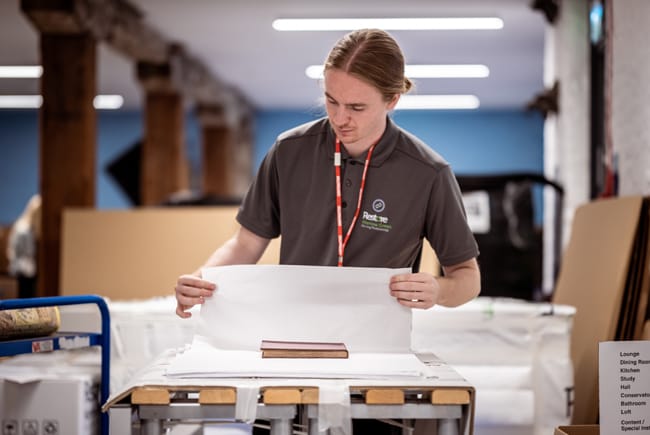Biobanking has become an essential part of modern research and clinical development. Whether you’re managing clinical trial samples, cell lines, or critical long-term research material, one of the biggest financial decisions to make is how to store your samples: invest in and maintain your own ultra-low temperature (ULT) freezers, or outsource storage to a professional biobank.
Both approaches have advantages, but the true costs often go beyond the price of equipment. Below, we break down the factors that organisations in the UK should consider when weighing up owning vs. outsourcing.
1. Equipment & Capital Costs
Owning a ULT freezer
- A high-quality ULT freezer (-80°C) typically costs £8,000–£12,000 upfront.
- Redundancy is critical: most labs require at least two freezers per storage set-up (one active, one for back-up in case of failure).
- Add in annual maintenance contracts (£1,000–£2,000 per unit) plus rising energy costs, and the payback period can stretch far longer than expected.
Outsourcing
Costs are typically charged per box, rack, or freezer space per month. This model aligns costs directly with your sample volume and allows scaling up or down without committing capital.
Outsourcing avoids upfront equipment investment.
2. Energy, Facilities & Location
Owning
- Each ULT freezer consumes the equivalent of a small household’s annual electricity – up to 20 kWh per day.
- Energy costs in the UK have risen sharply, making ongoing operational expenses unpredictable.
- Freezers require specialised rooms with controlled temperature, backup power, fire suppression, and alarm systems – facilities that most standard labs don’t have built in.
Outsourcing
They absorb the utility and facility overheads, allowing clients to avoid unpredictable running costs.
Professional biorepositories operate purpose-built facilities designed for energy efficiency and compliance.
3. Staff Time & Knowledge
Owning
- ULT freezer management is not just plug-and-play. Staff must:
- Monitor temperatures daily.
- Respond to alarms (often out of hours).
- Maintain back-up systems and inventory accuracy.
- These are non–value add activities for most research teams, diverting attention from scientific or clinical priorities.
Outsourcing
Facilities typically run 24/7 monitoring, validated systems, and emergency procedures, ensuring compliance and freeing your team from low-value administrative tasks.
Biorepositories employ trained staff who specialise in sample management.
4. Risk & Compliance
Owning
- A single freezer failure can result in the loss of irreplaceable samples, a cost that can far exceed equipment investment.
- Meeting UK regulatory requirements (e.g., MHRA for clinical trial materials) requires documented processes, audits, and validated systems, which many academic or smaller labs are not set up to maintain.
Outsourcing
This lowers the risk profile and gives peace of mind to sponsors, partners, and auditors.
Providers invest in redundant systems, disaster recovery plans, and regulatory certifications.
5. Payback Periods & Hidden Costs
While an in-house freezer might appear to pay back in 2–3 years compared with outsourcing fees, the true payback period is usually much longer when factoring in:
- Maintenance contracts.
- Energy price volatility.
- Space and facilities management.
- Staff time spent on monitoring and administration.
- Replacement cycles (a ULT freezer lifespan is typically 8–10 years).
In contrast, outsourcing converts all of these into a predictable, scalable operating cost, often with the added benefit of freeing lab space for higher-value work.

Conclusion
For organisations with small sample collections and existing facilities, owning a ULT freezer can be a cost-effective option, provided the risks are managed and staff capacity is available.
However, for growing biobanks, clinical trial sponsors, or research organisations in the UK, outsourcing to a professional biorepository is often the smarter choice. It removes hidden costs, mitigates risk, and ensures staff focus on value-creating science rather than freezer alarms.
Ultimately, the decision comes down to whether you want your organisation to be in the business of managing freezers or advancing science.
Get in contact to see how Harrow Green can support with your sample storage and free up not just your valuable space but time!
 Customer Login
Customer Login